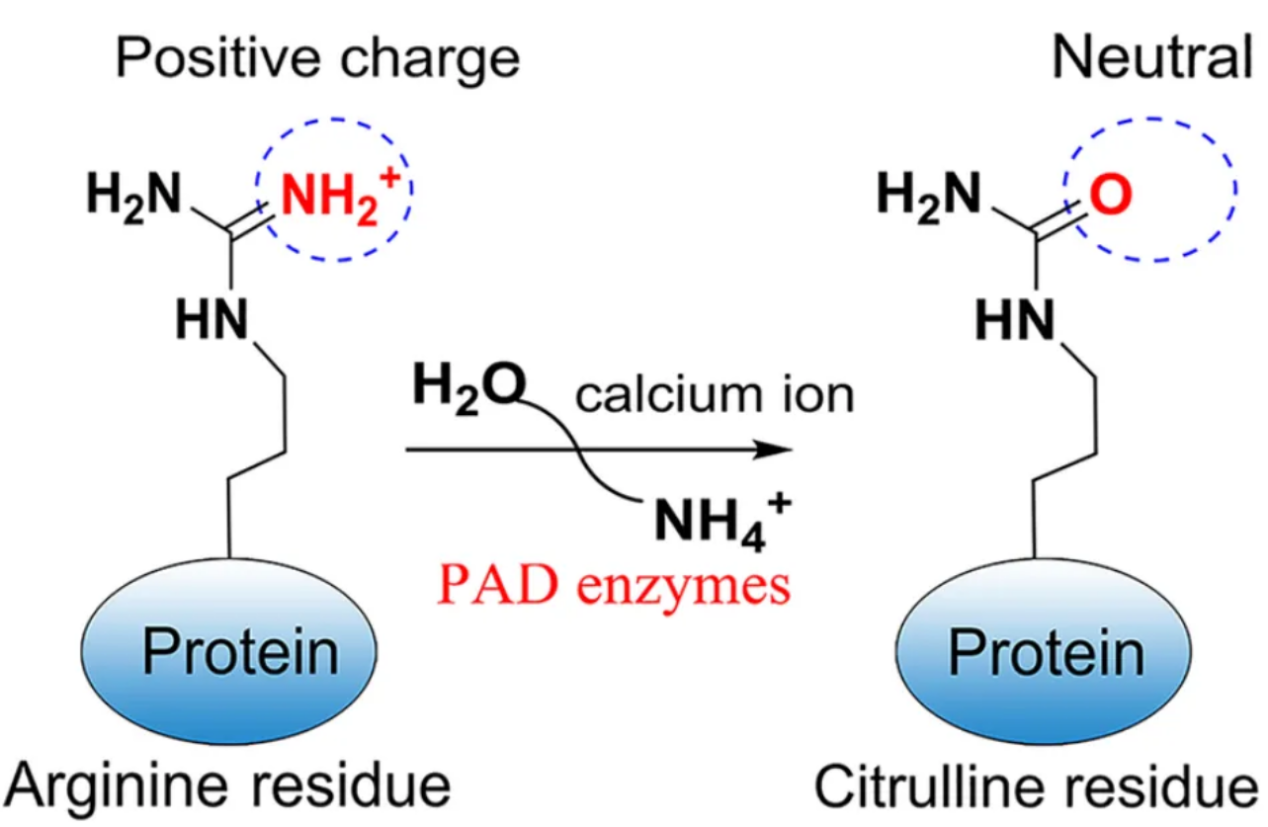Citrullination Analysis Service
Citrullination is a critical post-translational modification (PTM) that converts arginine residues into citrulline, altering the charge and structure of proteins and thereby affecting their function. This modification has been associated with diverse biological processes and is increasingly recognized as a key player in autoimmunity, cancer biology, and neurodegeneration. MtoZ Biolabs offers a dedicated Citrullination Analysis Service that delivers precise identification, quantification, and biological interpretation of citrullinated proteins. The service built on high-resolution LC–MS/MS, selective enrichment strategies, and orthogonal immunochemical validation.
1. Target Protein Citrullination Analysis
For studies focused on a single protein, MtoZ Biolabs employs optimized derivatization methods, citrulline-specific antibody enrichment, and LC–MS/MS detection to precisely identify citrullinated sites and quantify modification levels. This targeted workflow is ideal for validating specific modification events, evaluating functional impacts, and comparing citrullination status across experimental conditions.
2. Citrullination Proteomics
For large-scale investigations, our citrullination proteomics workflow enables proteome-wide profiling of citrullinated proteins using enrichment-based sample preparation and quantitative LC–MS/MS acquisition. Integrated bioinformatics analysis supports site-level mapping, comparative quantification, pathway enrichment, and network interpretation, offering a global view of citrullination dynamics in health and disease.
What is Citrullination?
Citrullination, also known as deimination, is an enzymatic modification catalyzed by the peptidylarginine deiminase (PAD) family of enzymes. During this reaction, the positively charged guanidinium group of arginine is converted to a neutral ureido group, generating citrulline. This charge shift disrupts hydrogen bonding and protein folding, often leading to changes in protein stability, interaction capacity, and immunogenicity.

Wang, Y. et al. Int J Cancer. 2021.
Figure 1. Schematic Representation of the Citrullination Reaction Catalyzed by Peptidylarginine Deiminases (PADs)
Physiologically, citrullination is involved in processes such as epidermal differentiation, gene regulation, and immune responses. However, excessive or dysregulated citrullination has been linked to pathological conditions. In autoimmune diseases, particularly rheumatoid arthritis, citrullinated proteins serve as neoantigens that elicit the production of anti-citrullinated protein antibodies (ACPAs), which are widely used as diagnostic markers. In cancer biology, aberrant citrullination influences chromatin remodeling and transcriptional control, contributing to tumor progression. In the nervous system, it has been implicated in multiple sclerosis and other neurodegenerative diseases.
Despite its biological importance, citrullination is challenging to study due to its subtle mass shift (+0.984 Da compared to arginine) and its similarity to deamidation, but MtoZ Biolabs overcomes these obstacles with optimized enrichment strategies and high-resolution LC-MS/MS workflows.
Analysis Workflow
1. Sample Preparation
Proteins are extracted from cells, tissues, or biofluids and subjected to quantification, reduction, and alkylation. Enzymatic digestion is then performed to generate peptides suitable for downstream analysis.
2. Citrullinated Peptide Enrichment
Selective enrichment is achieved using citrulline-reactive beads or biotin-based affinity capture methods.
3. Mass Spectrometry Detection
Peptides are separated by nano-LC and analyzed using high-resolution LC-MS/MS. Complementary fragmentation techniques such as CID and HCD are applied to ensure accurate site identification.
4. Data Analysis and Reporting
Advanced software tools confirm citrullination sites and quantify modification levels. Bioinformatics pipelines integrate functional annotation, pathway mapping, and network interpretation, delivering biologically meaningful insights.

Sample Submission Suggestions
1. Sample Types: Cells, tissues, plasma, serum, purified proteins, and other biological samples.
2. Storage: Freeze samples immediately in liquid nitrogen and store at –80°C.
3. Shipping: Ship samples on dry ice to ensure stability.
For full submission guidance, please contact us before sample preparation for tailored advice.
Service Advantages
✅ Professionalism: A skilled team with expertise in proteomics and PTM biology guarantees high-quality outcomes.
✅ Precision: Accurate site-level identification of citrullination ensures reliable results.
✅ Sensitivity: Advanced enrichment and high-resolution LC-MS/MS enable detection of low-abundance modifications.
✅ Comprehensiveness: Coverage from targeted protein validation to global proteome profiling.
✅ Customization: Flexible workflows tailored to meet diverse project needs.
Deliverables
1. Comprehensive Experimental Details
2. Materials, Instruments, and Methods
3. Total Ion Chromatogram & Quality Control Assessment (project-dependent)
4. Data Analysis, Preprocessing, and Estimation (project-dependent)
5. Bioinformatics Analysis
6. Raw Data Files
MtoZ Biolabs is committed to delivering precise, reliable, and insightful citrullination analysis, empowering your research with confidence and clarity. Free project evaluation, welcome to learn more details.








